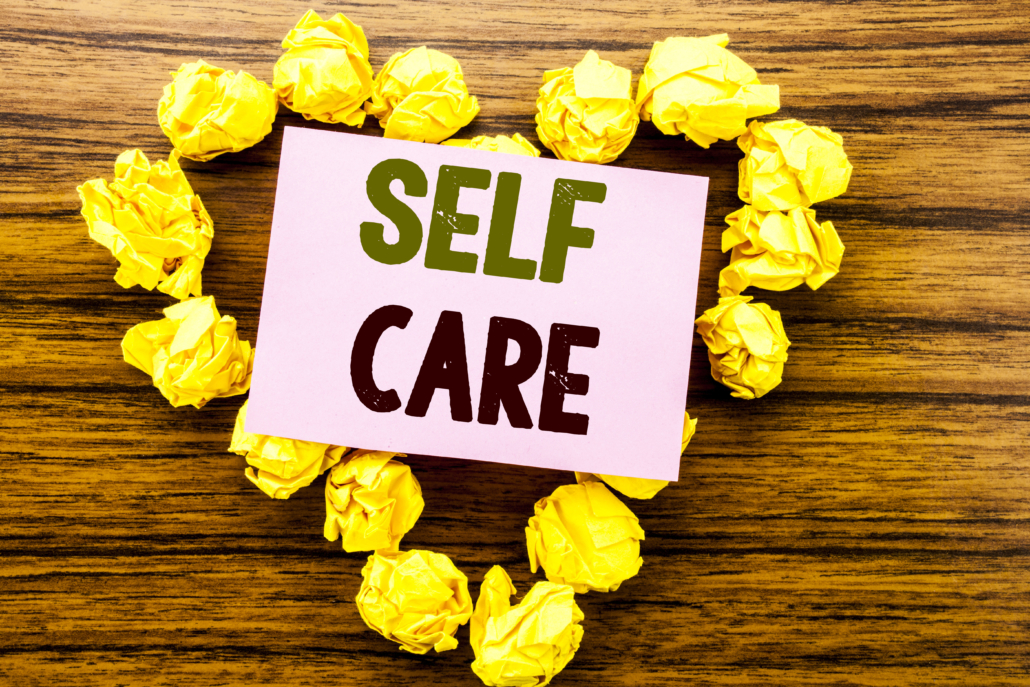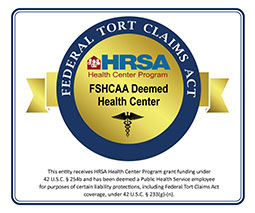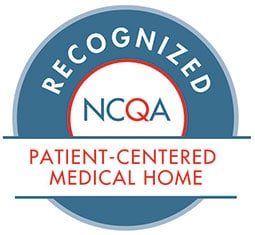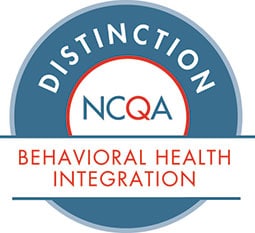When Those Who Are Hurting Don’t Get Help

Rhiannon Moore, MA, PSYD
Post written by Dr. Rhiannon Moore
Licensed Psychologist
Assistant Director of Behavioral Health
Health Partnership Clinic
Each year the month of May is nationally recognized as “Mental Health Month.”
Participating in Mental Health Month provides a valuable opportunity to highlight psychiatric illness and reduce the stigma often faced by those living with conditions including depression, anxiety, Schizophrenia, Attention-Deficit/Hyperactivity Disorder (ADHD), Bipolar Disorder, personality disorders and many more. This associated stigma prevents people from seeking the help they need and deserve.
Any fan of horror movies is probably familiar with mental health stigma, though you may not have recognized it as such. Numerous movies, television shows, and books often portray individuals with mental illness as “bad” or “scary”, casting them in the role of villains.
There are also several examples of mental health providers (psychiatrists, therapists, etc.) who “brainwash” or try to control or manipulate patients who seek help or fail to help when treatment is sought.
Additionally, it is common to hear news reports linking mental illness and violent crime. These messages have become part of our social culture, reinforcing stereotypes which lead to distrust of mental health professionals and fear of individuals living with mental illness.
However, the facts simply don’t support these stereotypes. According to the U.S. Department of Justice one in five adults in the U.S. experiences a mental illness in their lifetime. That totals approximately 43.8 million individuals.
Of those, approximately one in 10 experiences a serious mental illness such as Bipolar Disorder or Schizophrenia. Despite the common occurrence of mental illness within the general American population, a 2014 study published online by Law and Human Behavior found that less than one in five crimes were directly linked to symptoms of mental illness (1).
Given the prevalence of mental illness, it is highly likely someone you know personally has experienced or will experience mental illness. Those experiencing mental illness are family members, friends, teachers, doctors, lawyers, students, and others you see every day. Yet, because of stigma many do not seek help.
Countless others have limited access to mental health services due to underfunding of mental health programs. In fact, the Substance Abuse and Mental Health Services Administration estimates approximately 60 percent of individuals living with mental illness do not access services in a given year.
 Stigma and barriers to care have an even greater impact on minority populations, resulting in Hispanic and African American individuals accessing psychiatric services at about half the rate of white individuals according to the National Institute of Mental Health.
Stigma and barriers to care have an even greater impact on minority populations, resulting in Hispanic and African American individuals accessing psychiatric services at about half the rate of white individuals according to the National Institute of Mental Health.
When individuals utilize appropriate services, recovery and/or significant symptom reduction is possible.
In fact, the recovery rate for Bipolar Disorder is estimated at 80 percent, while the recovery rate for Major Depression is estimated to be between 65 percent and 80 percent and the recovery rate for Schizophrenia is estimated to be 60 percent, when appropriate interventions such as medication and therapy are obtained, according to the National Advisory Mental Health Council.
However, much like physical health conditions, when symptoms of mental illness go untreated they can worsen and result in more significant impairment.
So, let’s work to break the cycle of stigma which limits help-seeking by highlighting the accomplishments of some well-known individuals who have experienced mental illness. This list includes politicians and rulers like 16th President of the United States Abraham Lincoln and Princess Diana who both battled clinical depression.
Scientists and inventors are also among this list, including Nikola Tesla who was diagnosed with Obsessive Compulsive Disorder and Charles Darwin who battled Agoraphobia. Authors including Charles Dickens (clinical depression), Virginia Woolf (Bipolar Disorder) and Sylvia Plath (clinical depression) are also included.
The list goes on to include composers and musicians: Elton John (Bulimia), Ludwig van Beethoven (Bipolar Disorder), and Demi Lovato (Bipolar Disorder), athletes: Serena Williams (anxiety) and Michael Phelps (ADHD), and actors: Catherine Zeta Jones and Ben Stiller (Bipolar Disorder), Leonardo DiCaprio (Obsessive Compulsive Disorder), and Brooke Shields (Post-Partum Depression).
If we truly hope to eliminate harmful mental health stigma, we’ll have to keep this conversation going for more than a single month per year. And we’ll need plenty of voices. There are numerous ways to be an advocate for mental health. Here are a few ways to reduce mental health stigma in your daily life:
- Be intentional with your language, avoiding stigmatizing words and phrases like “crazy,” “freak,” or “Suck it up. Be a man.” Avoid referring to yourself, others, or situations in mental health terms (unless these have actually been diagnosed) such as: “I am so OCD” because you have a strong preference for something or “The weather is so bipolar.”
- Think of mental health conditions like you think of physical health conditions, illness that require understanding and treatment. Encourage others to do the same. Be empathetic and supportive of those struggling with mental illness.
- Educate yourself about available treatment options and encourage friends/loved ones to seek help when needed. Also, reach out for help if you are personally struggling with mental illness.
- Encourage open expression of emotion, routine self-care, and living healthy, balanced lifestyles. Model these when you can.
- Follow organizations like National Alliance on Mental Illness (NAMI), Mental Health America (MHA), and National Institute of Mental Health (NIMH) on Facebook, Twitter, and/or Instagram.
- Challenge stereotypes and misconceptions about mental illness when you hear them in conversation or see them on social media.
- Normalize talking about these topics and living with these conditions. If you work in health care, understand the relationship between physical and mental health. Talk regularly and openly with your patients about these topics. If you have children (or interact with children regularly), make it an ongoing conversation.
- Understand that individuals are not defined by mental illness. Look for strengths and qualities to appreciate, respect, and admire in all people.
- Be mindful of what you post on social media. Fact check and ensure your sources are reliable.
- Continue your own education about topics related to mental health. Here are a few book recommendations (and links to buy them) to get you started:
The Man who Mistook his Wife for a Hat
The Boy who was Raised as a Dog
- Peterson, J., Kennealy, P., Skeem, J., Bray, B., & Zvonkovic, A. (2014). “How often and How Consistently do Symptoms Directly Precede Criminal Behavior Among Offenders with Mental Illness?” Law and Human Behavior.






